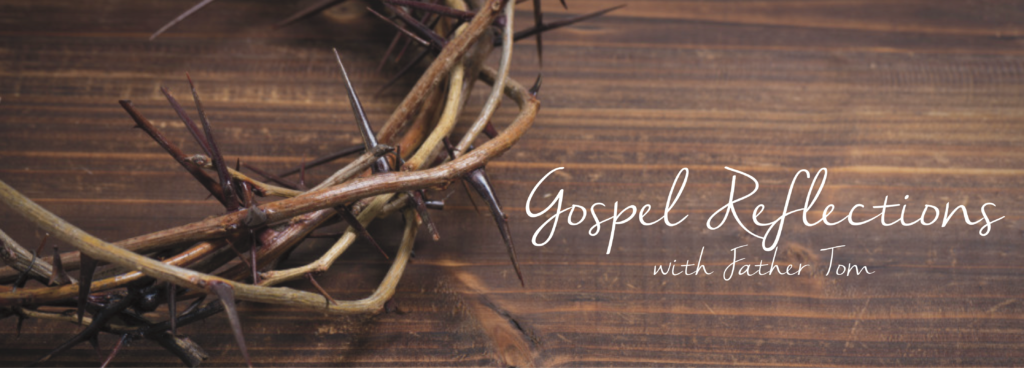If you plant a tree in an exposed place it becomes very vulnerable. It is at the mercy of every wind that blows. If it survives at all, it will be in a twisted and stunted form, a poor specimen of what it could be. If you want a tree to grow to its full potential, you must plant it in a more sheltered place. And you must not plant it on its own. You must plant some other trees with it.
It is of vital importance to get the space between those trees right. They must be close enough to be able to provide shelter and protection for one another. Yet they must not be so close that they will stifle one another. They must be planted far enough apart to ensure that they each has room to grow to its full potential.
It’s not good for a tree to be alone. Nor is it good for us to be alone. For our wholeness, and for our mental health, we need ties of love and friendship with other human beings. God made us not for isolation but for community. We are not complete in ourselves. We need other people in order to become what God intended us to be.
This is where the family comes in. Trees planted in the form of a little grove is a good image of the family. In the ideal family there is both closeness and space. The closeness means the members are able to provide support for one another. The space ensures that they do not stifle one another. Each member has the closeness, intimacy, and warmth that he/ she needs, yet also has the space to grow to his/her full potential. This is a great challenge: how to achieve closeness without stifling or dominating one another.
In the family we learn to form relationships with others, something that is vitally important for us. Inability to relate is a great handicap and a great sadness. Without close relationships we are at the mercy of the cold winds of anguish and loneliness.
In the little community of the family we learn to bond with others. Here we make room for others in our lives. Here we learn to share with one another, and become responsible to and for one another. It is within the family that a child learns to use the word ‘we’ for the first time. Without the word ‘we’ there would be no community, no sharing, no togetherness.
Of course, being so close involves risk. We have the possibility of helping and healing one another. But we also have the possibility of hindering and hurting one another. Sometimes people keep their best behavior for outside the home and their worst for inside the home. They are ‘angels’ outside it and ‘devils’ inside it.
Harmony in the family can be achieved only by the practice of the virtues St Paul talks about: kindness, humility, gentleness, patience, mutual forgiveness, and above all, love. These are the virtues which build and foster community. But they are not easy virtues to practice with consistency.
In our society the family is under a lot of pressure. It is not that we no longer value the family. It is that we are not prepared for the disciplines that make it work. The family is built on bonds of commitment, fidelity and self-sacrifice. It was by living in a small community of love with Mary and Joseph at Nazareth that Jesus was able to grow in wisdom and in favor with God and people.
In the little community of family we have a place, we have bonds, we have an identity, we have roots. Even if the family knows hardship this is not necessarily a bad thing. Hardship can be a grace. Trees that grow on hard ground have firmer roots, and thus are better equipped to meet the inevitable storms.

